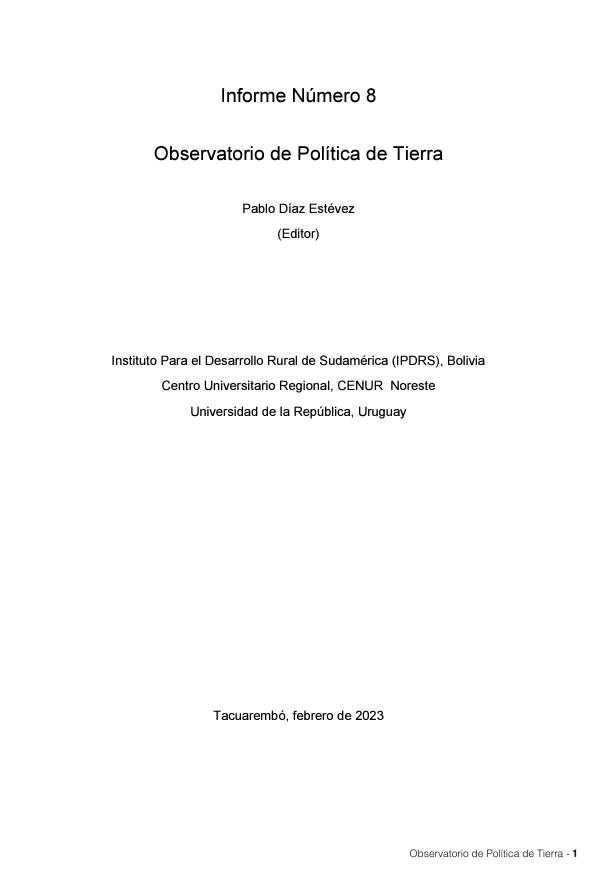Informe del Primer Foro Anual sobre Defensoras y Defensores de los Derechos Humanos en Asuntos Ambientales de América Latina y el Caribe
El primer foro anual sobre defensoras y defensores de derechos humanos en asuntos ambientales en América Latina y el Caribe se realizó en Quito los días 22 y 23 de noviembre de 2022. El foro fue convocado por la CEPAL en calidad de Secretaría del Acuerdo de Escazú, en alianza con el PNUMA, el ACNUDH y el Gobierno de Ecuador y con el apoyo del Fondo Fiduciario de Derechos Humanos, Inclusión y Empoderamiento del Banco Mundial.




